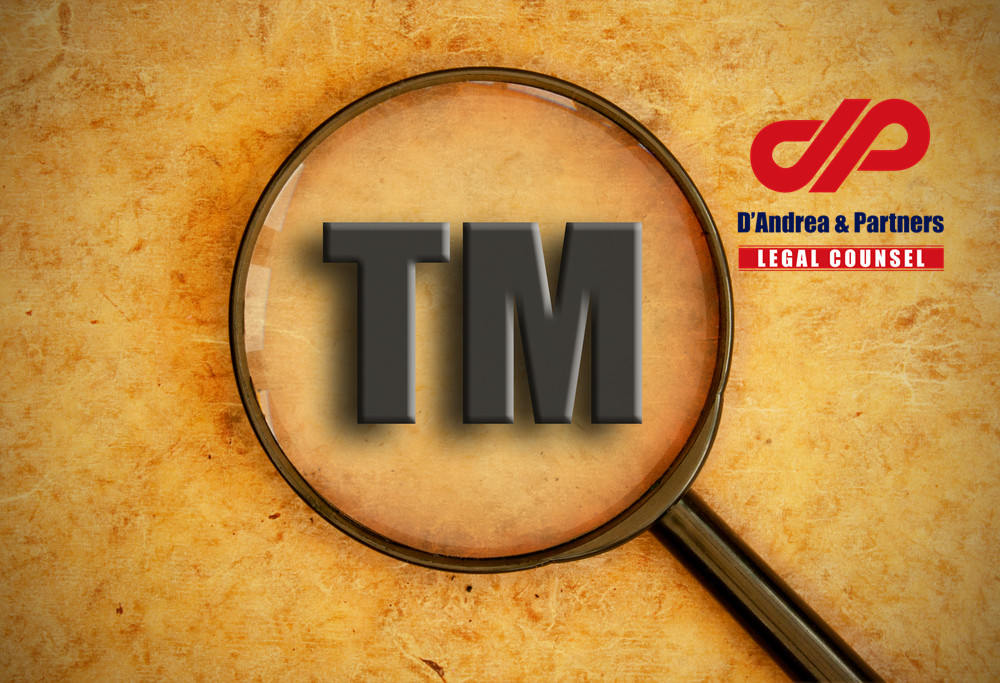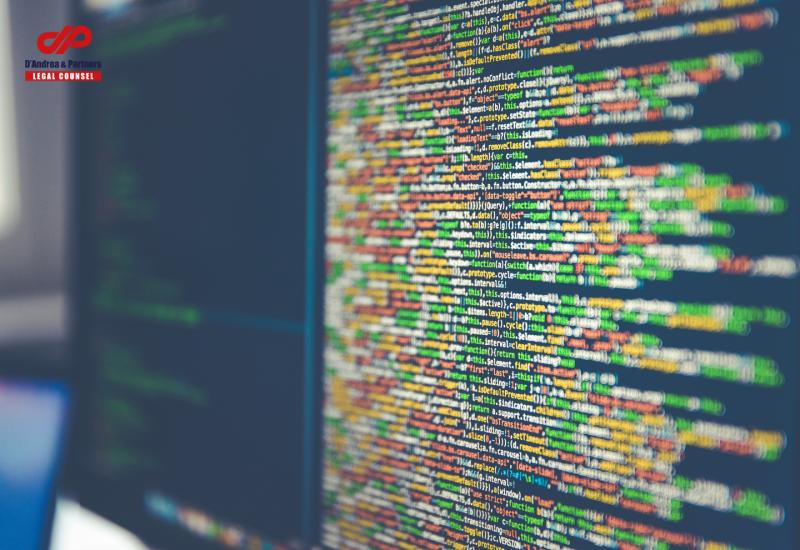On April 23, 2019, at the 10th meeting of the Standing Committee of the 13th National People’s Congress, a decision was adopted to amend the Trademark Law of the People’s Republic of China (“Trademark Law”). The amended provisions will come into effect on November 1, 2019, which is the fourth revision of the Trademark Law after 1993, 2001 and 2013.
This amendment hits heavier strikes on dishonest and malicious acts in the trademark field involving six relevant legal provisions. The following will highlight the key points of this amendment for your reference:
- I. Regulating Malicious Hoarding Applications
The amendment of Article 4 which is added “The application for trademark registration that is malicious and not filed for the purpose of use shall be refused”, is the highlight of this revision. The new Article 4 aims to regulate those illegal trademark operators who intentionally copycat famous brands and maliciously register and hoard trademarks. In the application process, the trademark examining authorities are directly empowered to reject their application for registration, which, to a certain extent, deters the illegal acts, thus helping to avoid the chaos in trademark field.
The newly amended Trademark Law regards the circumstances stipulated in Article 4 as the absolute grounds for raising objections and invalidation declarations in accordance with Article 33 and 44, as the latter provide an effective revocation path against malicious trademarks that have been published or registered after a preliminary examination. The revised Trademark Law has established a comprehensive and better system to combat malicious trademark preemption and hoarding, and the design of the system is closely and collectively linked at all levels.
- II. Increasing the Amount of Compensation for Infringement
Another highlight of this amendment of the Trademark Law is that it stipulates the amount of compensation for malicious infringement of the exclusive right to be increased from “more than twice and less than three times” to “more than twice and less than five times”, and the statutory compensation limit will be increased from “three million” to “five million”. Regarding to the present situation that compensation in trademark cases are generally too low for trademark rights holders to compensate for their actual losses, this amendment is undoubtedly good news for them with greater support.
Meanwhile, the amendment adds new measures for dealing with counterfeited goods and materials and tools. To a great extent, this revision will deter the infringer, so that the cost of infringement is not only to compensate for a few expenses, but also to destroy the infringed products and the tools and materials directly. This will undoubtedly give the infringers a heavy blow, forcing them have to reconsider the cost of infringement, thus reducing the possibility of infringement.
The cost of intellectual property infringement will be higher and higher in the future. Those who maliciously infringe on intellectual property rights may be punished heavily and dissipate one’s fortune. However, this is the reward back to honest and trustworthy businessmen.
III. Punishing Malicious Registration and Malicious Litigation
The new revision stipulates not only strict examination procedure in the procedure of trademark registration, but also the punishment system in the procedure of trademark confirmation and litigation. The revised Trademark Law stipulates in paragraph 1sentence 3 of Article 68 that the penalty given to the trademark agency if violating Article 4 of the revised Trademark Law, and at the same time adds the penalty provisions in paragraph 1 sentence 4 of Article 68, in which the first half of the fourth sentence stipulates that the administrative departments for Industry and Commerce shall “give warnings and fines according to the circumstances” for malicious applications for registration and the second half of the sentence stipulates that the people’s court shall impose penalties on malicious trademark litigation.
The amendment of the new law and the guidance of the case trial are of great significance to the construction of a healthy and orderly trademark order, the purification of the market environment, and the curbing of malicious litigation using improperly acquired trademark rights.
As a whole, the amendment provides clear legal basis for cracking down on malicious registration from four aspects: the preliminary examination procedure of trademark application, trademark agency procedure, trademark objection and trademark invalidation procedure. It is good news for honest and trustworthy businessmen as it provides full legal protection from the source of application, standardization of agency, and handling of disputes over authorized confirmation.
Based on the forgoing, it is of greater importance and necessity for companies in China to actively design and construct their own intellectual property protection portfolio with timely and effective detection of infringements in order to safeguard their rights under the scope of the newly revised Trademark Laws. If you want to learn more about trademark rights protection, feel free to contact us at info@dandreapartners.com.







